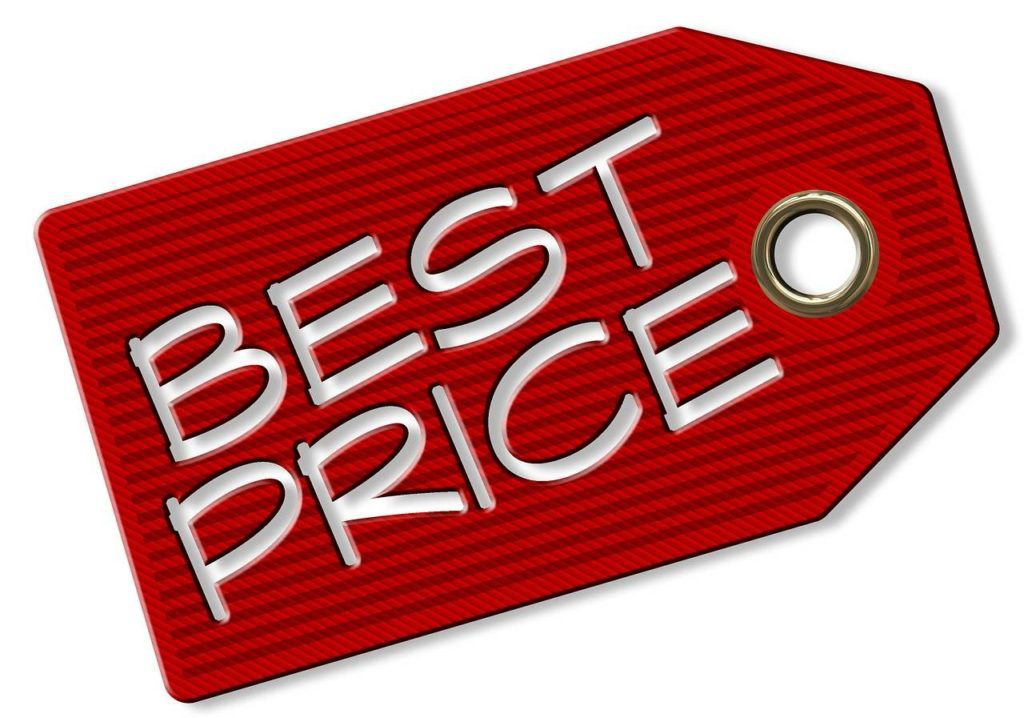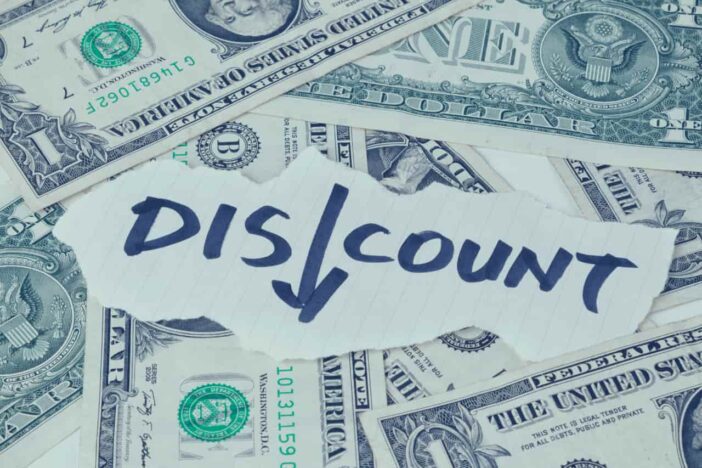True or false: setting your rates below what your competitors charge for similar products and/or services means that more people will buy from you versus from making a purchase from them?
While this may seem to make sense logically, the owner of one of Inc. Magazine’s 500 fastest-growing companies in America says that pricing lower than your competitor is a mistake that all too many business owners make. Why?
The Problems with Low Pricing
For starters, when you “charge less than your competition and cross your fingers,” you kill your margins says business expert Russell Ruffino, founder and CEO of Clients on Demand. Though it may not seem like much to reduce what you earn by a few percentage points, this difference can really add up over time.
For instance, if you typically sell a widget for $200, yet it costs you $150 to make, you earn $50 on each sale. However, if you drop the price to $180, your gross profit is now only $30. Sell 10 a week and you’ll lose $10,400 over the course of a year.
Lowering your rates below what your competitors charge also increases the likelihood that you’ll attract the wrong type of client according to Ruffino. Now, instead of drawing in customers whose primary goal is to solve a problem, you’re catering to clients whose main concern is saving cash. So, what does Ruffino suggest that you do to command higher rates?
Commanding Higher Rates
The answer to that question is to develop a sales system “that puts the client first,” says Ruffino. When you do this, you’re able to charge higher rates and your customers are more willing to pay them.
Putting clients first also helps you close more deals after the first meeting versus requiring multiple follow-ups in an effort to make the sale, says Ruffino. But what does putting the client first really mean?
Although he doesn’t come out and say, there are a number of things you can do to make your customer a priority. One of the most basic is to offer stellar customer service.
Hiring the Best Customer Service Reps
According to Survey Monkey, this involves first making sure your customer service reps have the right skills. This includes hiring people who are empathetic, patient, consistent, and adaptable. It also means putting people in these positions who can communicate clearly, are knowledgeable, and have thick skin.
If you’re unsure how your current customer service reps stack up in this regard, Survey Monkey suggests conducting a customer survey to learn more about how well your employees handled consumer concerns. And if you see any problem areas, take the steps necessary to fix them.
Use a CRM Platform
Social Media Today indicates that another way to ensure that your customer is fully satisfied is to use a customer relationship management (CRM) platform. This ensures that the teams within your business have clear lines of communication, ultimately enabling them to more effectively coordinate processes for handling customer needs.
Using a CRM also limits any potential miscommunication while making it possible to assist customers whether your teams are all in one location or scattered around the world. Another benefit is that a CRM gives you an electronic history of all actions that have been taken (as well as who has taken them) when addressing a customer’s issue.
Better Service Equals Higher Prices
In the end, the better your customer service, the more your consumers are willing to pay. This prevents you from working more to make less, allowing you to make what you are really worth, if not more.





